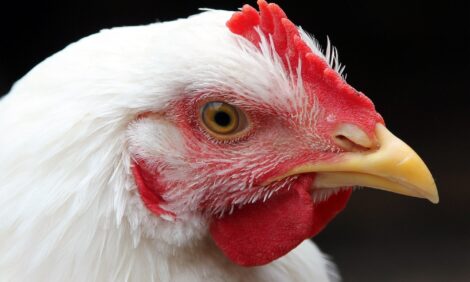



HSI: Role of Animal Agriculture in GHG Emissions
SOUTH AFRICA & INDIA - COP 17, the United Nations’ climate change conference opened with hopes for a global agreement that will stave off the most dangerous impacts of climate change.Given animal agriculture’s significant contributions to the climate crisis, Humane Society International believes that conference outcomes must also include policies to reduce the animal agriculture sector’s greenhouse gas emissions.
In addition to working directly with countries’ climate negotiators to advocate for policies in the agricultural sector that simultaneously protect the environment, improve animal welfare, and ensure food security, HSI and its partners will host a series of workshops and presentations for COP 17 participants, including on animal agriculture’s contribution to the problem.
Given the critical importance of food and water security on the African continent, there is heightened pressure for countries at this 17th Conference of Parties to agree on policy options to help agricultural systems adapt to the changing climate, while reducing this sector’s contribution to the problem.
According to Geoff Evans, head of HSI’s delegation, the organization will specifically be working to achieve a work programme on agriculture within the United Nations Framework Convention on Climate Change. "This will allow environmental, animal protection, rural development, and other social justice groups to have a greater voice in climate and agricultural policy at local, national and international levels," he explained.
HSI recently joined the US Climate Action Network, the largest American network of organizations focused on climate change, in addition to Climate Action Network International, a worldwide network of more than 700 non-governmental organizations from 90-plus countries.
For more information and research on animal agriculture’s impacts on the climate, please click here. Individuals don’t have to wait for policymakers to act. Everyone can reduce their contribution to climate change by reducing their consumption of meat, eggs and milk.
Facts
- Globally, approximately 67 billion land animals are raised for food each year.
- A 2006 FAO report stated that animal agriculture already accounts for nearly one fifth of all human-induced GHG emissions globally.
- A 2010 study in the Proceedings of the National Academy of Sciences estimated that animal agriculture’s emissions could grow 39 per cent by 2050.








